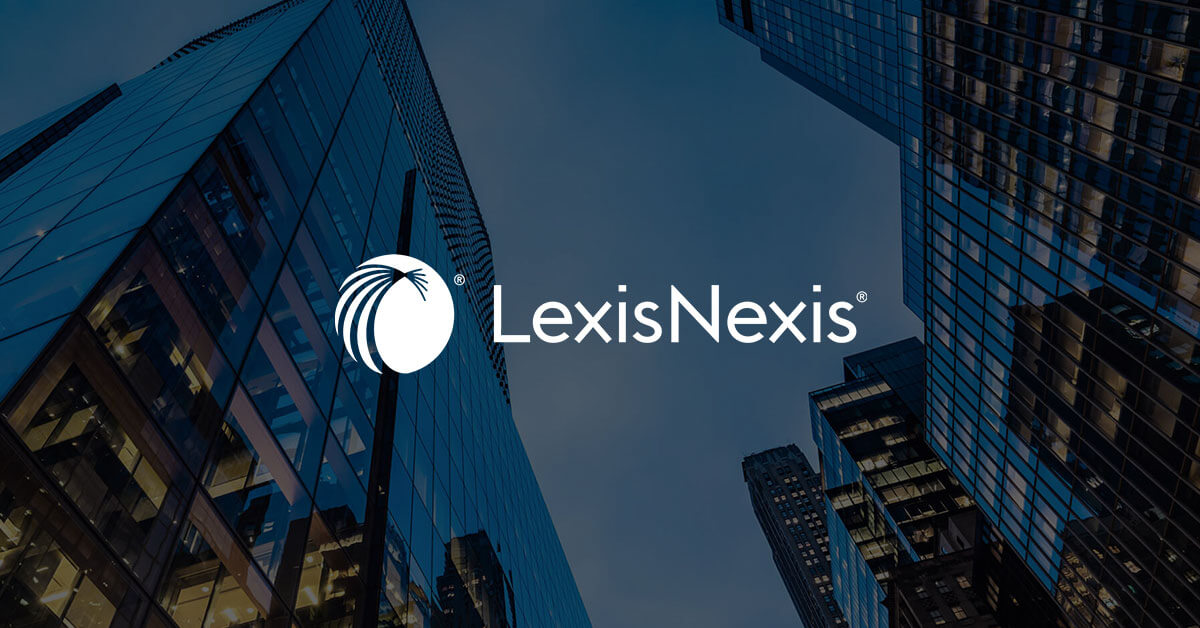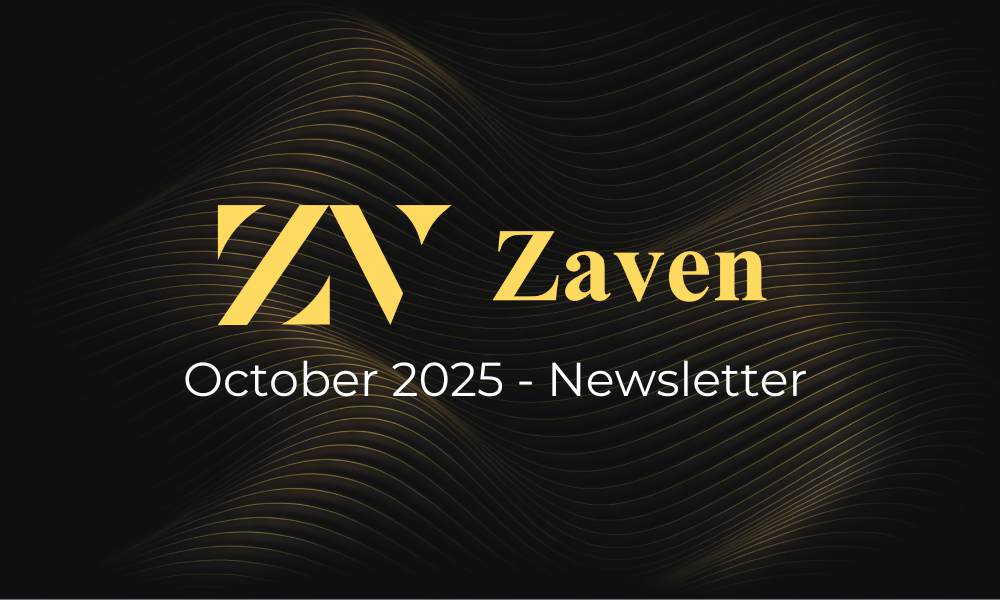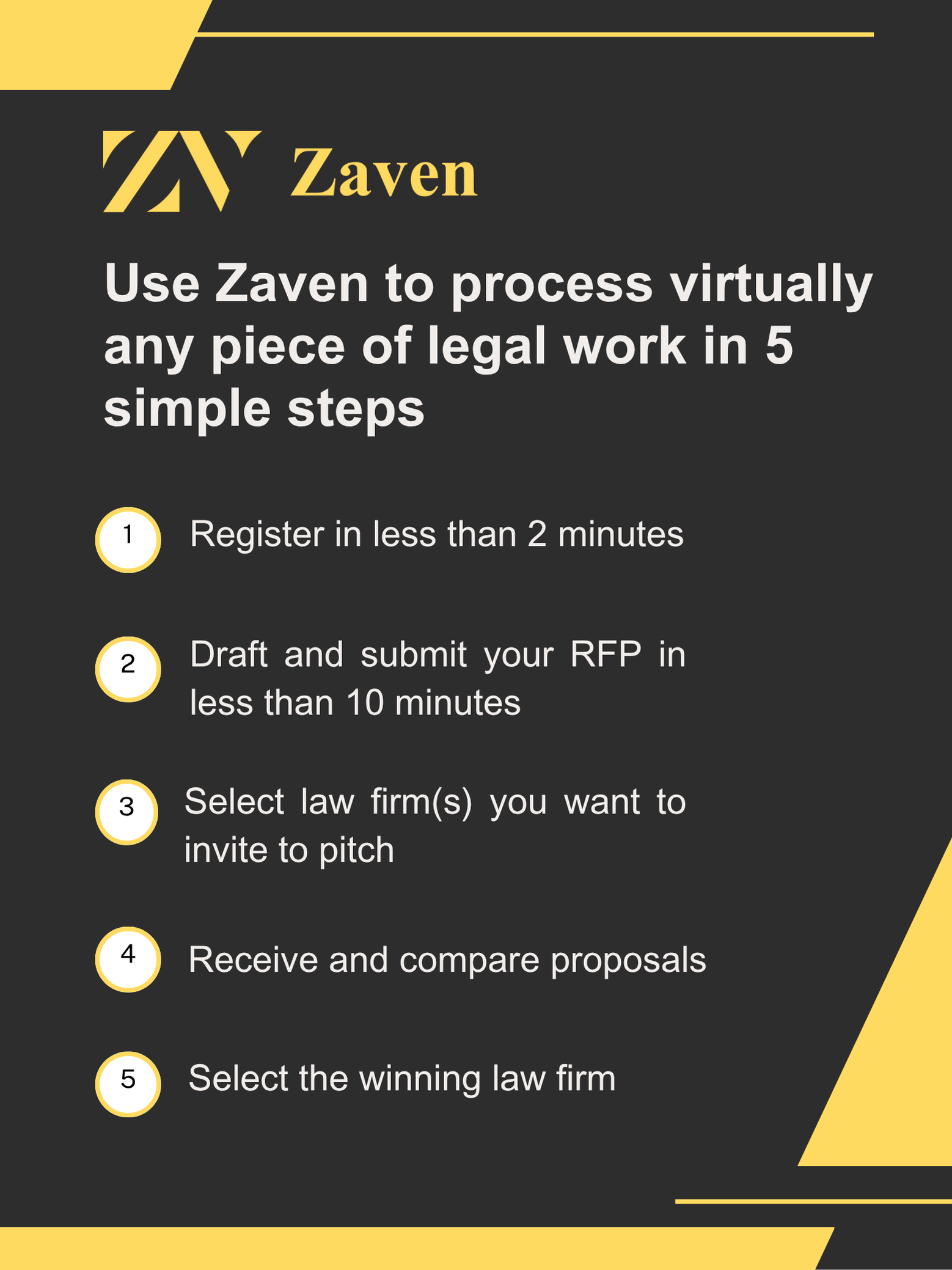Source: Lexis Nexis
A conflict brews in the heart of the legal sector. Generative artificial intelligence (AI) has arrived and the uptake has been encouraging. Our recent report, Lawyers cross into the new era of generative AI, shows that more than a quarter (26%) of lawyers use generative AI tools at least once per month. Adoption rates in the past six months alone have more than doubled.
The conflict exists in discerning who benefits from AI gains, especially around pricing. Generative AI streamlines operations, automates small-scale processes, and expedites legal research. It provides huge time- and cost-savings. The conflict surrounds who should benefit from such savings. Should it be the firms investing in tools alone? Or should benefits be passed on to their clients? Should in-house teams expect billing practices to change due to generative AI?
Below we discuss the potential problem of pricing and delve into the heart of the conflict, discussing two core points of contention: sharing the cost reductions and more effective forms of billing.
The need to share cost reductions
The problem of pricing was unveiled in our survey. More than half (52%) of in-house teams and in-house lawyers expect bills to reduce as a result of generative AI. Respondents from law firms, on the other hand, seemed less certain, with only 40% suggesting that they expected bills to be reduced. Such contrasting opinions form the crux of the pricing problem.
Properly trained generative AI systems grounded in legal data overseen by humans with an awareness of real-world impacts, will drastically improve the nature of legal work. Mark Smith, Director of Strategic Markets at LexisNexis, says that AI can ensure legal tasks are undertaken faster and at a higher quality than by a human alone:
“The impact on price will depend on many different factors – the importance and number of those tasks in the overall workflow, the pricing mechanism at play, the commercial relationship between the client and law firm, and the overall level of competition in that segment of the market.”
Various elements play a role, but the inescapable fact is that AI, properly executed, certainly saves money and time. According to John Quinn, Founder and Chairman of Quinn Emanual Urquhart and Sullivan, AI will necessarily shift the economics of the legal sector. “There will be less need for associates at firms,” Quinn says. “What we’re going to need is lawyers who are more capable with generative AI and better at engineering and designing prompts for AI programmes.”
Chris Tart-Roberts, Head of Lawtech at Macfarlanes, echoes Quinn’s general analysis: “[Generative] AI is certainly not about replacing lawyers, but we are going to see it turbo-charging their expertise.” It seems clear that lawyers who complete the same tasks in far less time will pass at least some savings onto in-house teams or other clients. The question is: how much?
The answer: it’s too early to tell. There are still so many unknowns around the impact of generative AI on the legal sector. So, as suggested by Rachel Broquard, Service Excellence Partner at Eversheds Sutherland, the impact of generative AI on law firm pricing also remains unknown: “The legal sector is still in the early stages of undertaking pricing trends in this evolving landscape.”
Broquard sums up issues widely felt in the sector. Making predictions in an unpredictable landscape is ill-advised. The pricing changes will arrive once firms understand how much generative AI truly changes the market. Competition and greater options for clients will likely force law firms to share the cost-savings, as they face external threats from ALSPs, US firms, and other models.
Read full article here: https://www.lexisnexis.co.uk/blog/future-of-law/how-generative-ai-will-transform-pricing-in-law







